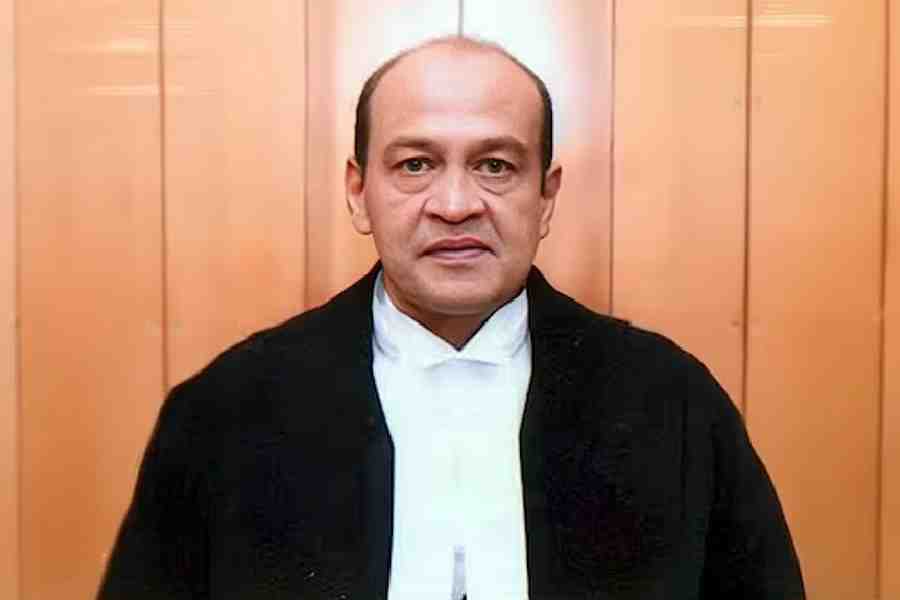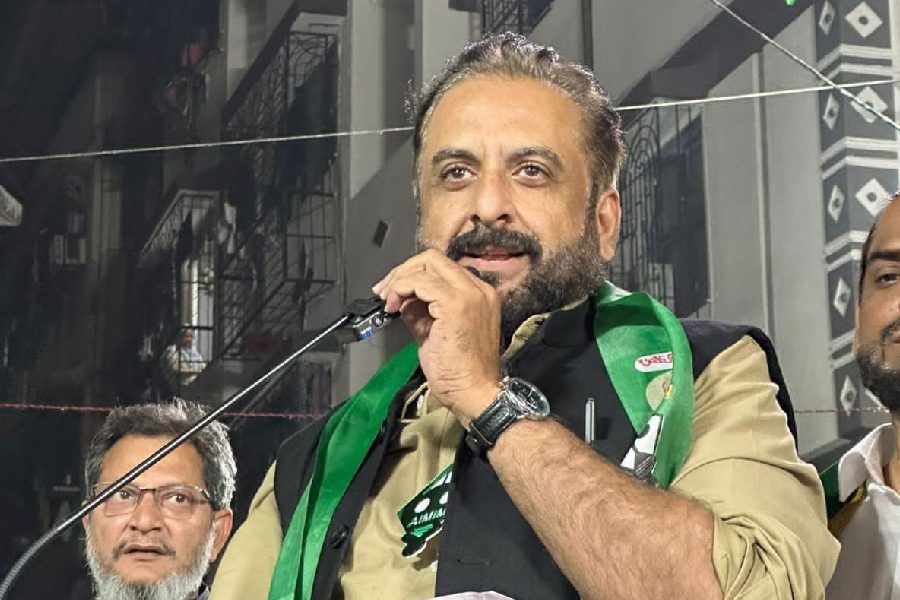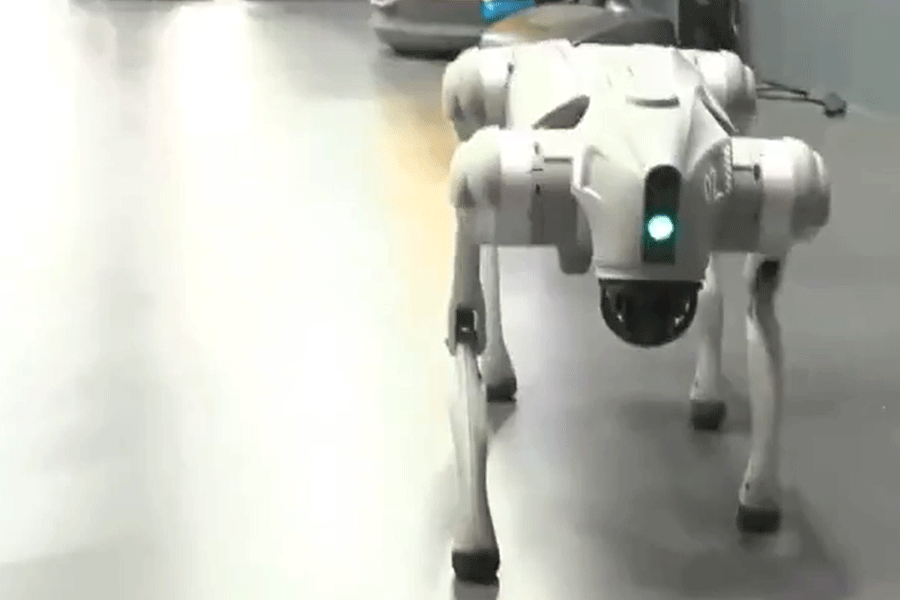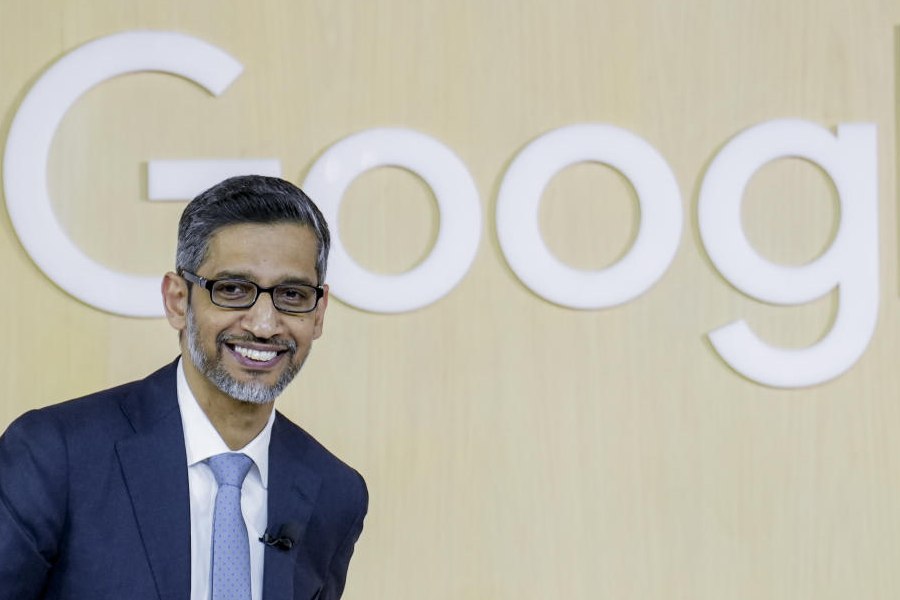The Supreme Court on Wednesday said Parliament was not constrained by the recommendations of the in-house inquiry committee that has sought the removal of Justice Yashwant Varma, who is embroiled in a cash discovery row.
Addressing senior advocate Kapil Sibal, appearing for Justice Varma, the bench of Justices Dipankar Datta and A.G. Masih said: “Mr Sibal, you know that even if the allegations are publicly known and citizens petition the Lok Sabha to act, Parliament may still choose not to proceed — that’s beyond our jurisdiction. But the judiciary must demonstrate to the public that due process is being followed.”
The bench made the observation after Sibal challenged the in-house panel’s recommendation to remove Justice Varma as illegal and unconstitutional. He
argued that under Article 124, a judge could only be removed through impeachment proceedings initiated in Parliament.
Sibal submitted that the panel’s report and recommendations, along with the release of a video that purports to show wads of burning currency notes at the Delhi residence of Justice Varma, had seriously prejudiced the impending impeachment proceedings and gravely affected the judge’s reputation.
According to Sibal, Justice Varma was not opposed to the in-house inquiry as a valid fact-finding process, provided it did not culminate in the impeachment proceedings, as it amounted to creating an extra-constitutional mechanism.
“The in-house process is advisory in nature and cannot enforce legal proceedings. Established as an administrative mechanism, it lacks binding legal force. Additionally, the committee is not required to adhere to formal evidence rules under this procedure,” Sibal said.
Justice Datta said Justice Varma should have challenged the in-house probe at the very beginning. “The CJI cannot function merely as a post office. When confronted with grave misconduct, the Chief Justice can recommend to the President. As a guardian of the judiciary, he has some duty towards the nation.”
The bench, however, admitted that the video and other details relating to the cash discovery should not have been made public.
The top court, however, said it would not prejudice Parliament.
“Parliament acts independently. It has its own powers. Do you think Parliament will act on the advice of CJI?” the bench asked.
“Remember, this committee’s findings are only provisional and won’t influence any subsequent proceedings. When politicians or ministers make statements, they carry little legal weight,” the bench observed.
It again asked Justice Varma why he appeared before the committee if he had reservations.
“Your conduct does not inspire confidence. Your conduct says a lot. You were waiting for a favourable finding, and once you found it to be palpable, you came here,” the court said.










